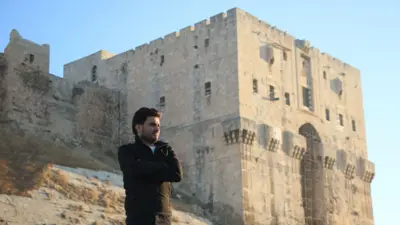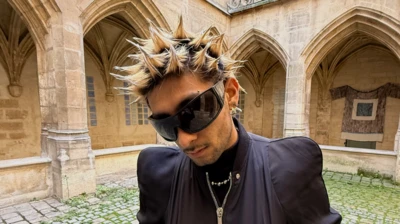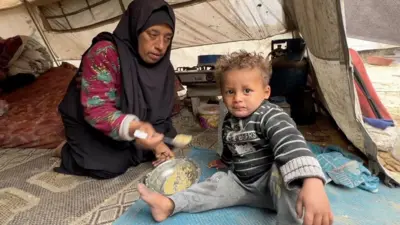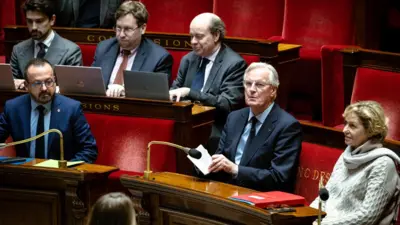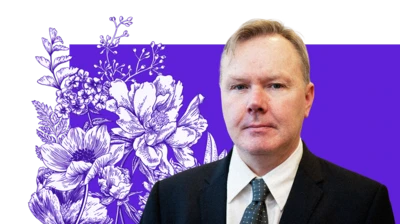We've updated our Privacy and Cookies Policy
We've made some important changes to our Privacy and Cookies Policy and we want you to know what this means for you and your data.
Tunisia: Interim government brings hope of change
- Author, Wyre Davies
- Role, ┤¾¤¾┤½├¢ News, Tunis
It has been another remarkable day in Tunisia.
This country is undergoing change at almost break-neck speed and is being watched with equal levels of concern and interest in neighbouring Arab countries.
In the main square in Tunis - the focal point for so many demonstrations in recent weeks - tear gas and water cannon were fired as demonstrators, calling for speedy political reform, clashed with police.
But compared with the widespread violence and shootings of previous days, the mood was relatively buoyant. Hundreds of people responded to calls on social networking sites to come into the capital and show that there was no desire for a return to the past.
Later in the afternoon, just before the curfew came into force at dusk, a new interim government was announced.
It has been three days since the resignation of President Zine al-Abedine Ben Ali, a man who had ruled this country for 23 years.
Now, as many pro-democracy campaigners had feared, there are several figures from the previous regime still in key positions - including at the ministries of defence, interior affairs and the economy.
But there is also room for leading opposition politicians in the transition government, albeit in less important roles.
Later came arguably even more significant news, when Prime Minister Mohammed Ghannouchi announced that all political prisoners would be released.
Restrictions on press freedoms and human rights groups are also being lifted, Mr Ghannouchi said in a live television address.
With a date for new elections yet to be announced, many of these reforms appear to be, nonetheless, far-reaching and should help the transformation of Tunisia into a more open and democratic society.
New stability
Three days after the resignation of President Ben Ali, the situation across Tunisia remains tense - but pro-democracy campaigners think they are gaining the upper hand in their historic struggle with the old regime.
Tunisia is still, officially, under a state of emergency and the economy is, in effect, paralysed.
But this morning I saw hundreds of people on the streets of Tunis, not in protest, but just showing that they want their lives and the country to move forward.
After 23 years of living under a virtual dictatorship, Tunisians are discovering how their ex-president and his family lived in the lap of luxury.
Television footage showed dozens of people wandering around the grounds of a luxurious villa, near the seaside resort of Hammamet, home to one of the former leader's privileged nephews.
Some came just to look, others vented their anger by damaging opulent furnishings; the rest took their revenge by removing whatever they could lay their hands on. The swimming pool was the one thing they could not take away.
Priska Nufar, who was taking a look around the mansion, told Reuters: "It makes me sad because [Ben Ali and his family] stole all the money to build this house from the people of Tunisia.
"He lives in luxury and the people do not have money for food."
While there are still hundreds of troops and tanks in Tunis protecting government buildings and key installations, this popular revolt - some even call it a revolution - is beginning to feel unstoppable and there is no desire for a return to the past.
There is still the danger of further violence - but the situation is a lot more stable than it has been for many days.
Top Stories
More to explore
Most read
Content is not available

